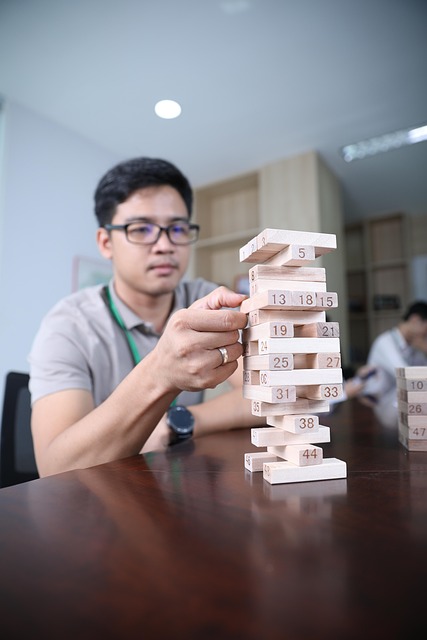In Oregon, grandparental rights are protected by laws like ORS Chapter 109, enabling grandparents to seek court-ordered visitation and, under specific circumstances, custody. Understanding these rights is crucial for both grandparents and parents to establish and maintain strong relationships with grandchildren. Challenges often arise from lack of awareness and complex procedures, highlighting the importance of educational programs, legal aid organizations, and pro bono services to help grandparents navigate these laws effectively.
In Oregon, understanding and protecting grandparental rights is essential for maintaining strong family connections. This article delves into the legal framework that safeguards these rights, highlighting key laws and protections in place. We explore strategies for establishing and nurturing grandparent-grandchild relationships, while addressing common challenges and their solutions. By navigating these aspects, families can ensure a secure environment for intergenerational bonds to thrive under Oregon law.
- Grandparental Rights: An Overview in Oregon
- Legal Framework: Key Laws and Protections
- Establishing and Maintaining Grandparent-Grandchild Relationships
- Common Challenges and Their Solutions
Grandparental Rights: An Overview in Oregon

In Oregon, grandparental rights refer to the legal protections and privileges granted to grandparents regarding their involvement in their grandchild’s life. Understanding these rights is crucial for families navigating family law matters. According to state laws, grandparents have the right to seek visitation and custody of their grandchildren under specific circumstances. This includes the ability to file for access or even full custody if both parents agree or if there are extenuating family situations.
Oregon’s legal framework recognizes the significant role grandparents often play in a child’s life, providing them with a say in important decisions related to their grandchild’s upbringing. Grandparents can petition the court for visitation rights and, in certain cases, joint custody. These rights ensure that grandparents can maintain meaningful relationships with their grandchildren, fostering stability and support within the family structure.
Legal Framework: Key Laws and Protections

In Oregon, grandparental rights are protected by a robust legal framework that includes specific laws and provisions designed to safeguard these relationships. Key among these is Oregon Revised Statutes (ORS) Chapter 109, which outlines the legal standing and visitation rights of grandparents. This chapter ensures that grandparents have the right to seek court-ordered visitation if they are unable to maintain regular contact with their grandchildren due to circumstances beyond their control, such as distance or parental restrictions.
Additionally, ORS 109.112(1) stipulates that a grandparent may petition the court for sole or joint legal custody of a grandchild under certain conditions. This law underscores the importance of familial bonds and recognizes the significant role grandparents often play in their grandchildren’s lives. Understanding these grandparental rights is crucial for both grandparents and parents, as it provides a clear legal path to preserving and fostering these vital relationships in Oregon.
Establishing and Maintaining Grandparent-Grandchild Relationships

Establishing and maintaining strong grandparent-grandchild relationships is a significant aspect of protecting grandparental rights under Oregon law. In the state, grandparents have specific legal protections that allow them to foster and maintain these valuable connections. Understanding grandparental rights in Oregon involves recognizing the legal avenues available to ensure consistent access and involvement in a grandchild’s life.
Grandparents can petition the court for visitation or custody if they can demonstrate a significant relationship with the child and that it would be in the child’s best interests. Regular communication, shared experiences, and open doors between grandparents and grandchildren create a strong foundation for legal protections. By fostering these relationships, Oregon’s laws on grandparental rights can be effectively navigated, ensuring that grandparents remain an integral part of their grandchild’s life.
Common Challenges and Their Solutions

Grandparental rights in Oregon face several common challenges that can complicate their protection. One significant hurdle is the lack of awareness about existing laws, leading many grandparents to believe they have no legal recourse when facing custody or visitation issues. Education and outreach programs are crucial in addressing this challenge by providing clear information on grandparent’s rights under Oregon law.
Another frequent problem is the complex court system and its stringent requirements. Many grandparents struggle with navigating legal procedures, gathering necessary documentation, and meeting deadlines. To overcome this, legal aid organizations and pro bono services offer assistance tailored to grandparental cases. These resources ensure that grandparents have access to representation and guidance throughout the legal process, ultimately increasing their chances of a favorable outcome.






